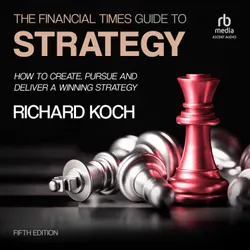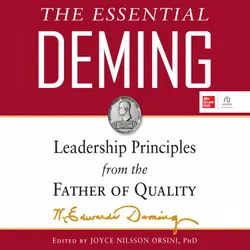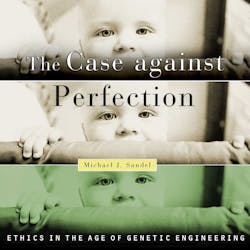Each year, teachers, administrators, and parents face a barrage of new education software, games, workbooks, and professional development programs purporting to be based on the latest research. While some of these products are indeed based on solid science, the truth is that the research underlying many others is grossly exaggerated. How can everyday teachers, administrators, and family memberswho dont have years of statistics courses under their beltsseparate the wheat from the chaff and determine which new piece of research is worth adopting? When Can You Trust the Experts? solves this knowledge gap for educators and parents by stressing clear, easy principles that differentiate reliable research from junk science. ** CONTENTS ** Introduction: What Are You To Believe? PART ONE: WHY WE SO EASILY BELIEVE BAD SCIENCE 1 Why Smart People Believe Dumb Things 2 Science and Belief: A Nervous Romance 3 What Scientists Call Good Science 4

The Financial Times Guide to Strategy : How to create, pursue and deliver a winning strategy, 5th Edition
Richard Koch
audiobook
What's the Point of College?
Johann N. Neem
audiobook
Career : The Ultimate Guide To Thrive In Your Career
Francisco F. Manor
audiobook
A Pocket History of Human Evolution
Silvana Condemi, Francois Savatier
audiobook
The Real World of College
Wendy Fischman, Howard Gardner
audiobook
The Essential Deming : Leadership Principles from the Father of Quality
W. Edwards Deming, Joyce Orsini
audiobook
Skip the Line : The 10,000 Experiments Rule and Other Surprising Advice for Reaching Your Goals
James Altucher
audiobook
The Case Against Perfection
Michael J. Sandel
audiobook
Through a Window
Jane Goodall
audiobook
Learn Habits of Highly Effective People & How to Increase Self Discipline : Boost Your Personal Development by Habit Stacking, Stop Procrastinating, Become More Disciplined, and Improve Focus Today!
Pamela Hughes
audiobook
Ganarse la libertad
Alfons Cornella
book
The Science of Self-Learning
Peter Hollins
book



